The Kear Foundation is a Local Liberian Not-for-profit Organization formed with the aim to among other things, provide humanitarian aid to the suffering masses in the areas of Education, Health, Agriculture, water, Sanitation and hygiene. As it is a known fact that Liberia recently graduated from a protracted period of civil crises and is now on a very optimistic path to national development, graduating from crises to emergence, to sustainability, and now to development aimed at prosperity. The Kear foundation sees this period as a perfect time to participate in the process of national development in the humanitarian sector.
Now that the road to sustained development is becoming clearer by the day, evidence by regular general and presidential elections, the Kear foundation sees this period as a perfect opportunity to make available helping hand to bring about conditions necessary to yield poverty alleviation on the already stranded masses of the population of the country.
Achieving this will require a whole range of planning, programming, communication, coordination, and the development of a wholesome functioning system inculcating all that is required to deliver on set goals and policies designed to promote growth in the lives and livelihoods of members of the population. To this end, the organization has commenced its operation in Liberia with offices on S.D. Cooper Road in Paynesville.
Specifically, the Kear Foundation Seeks to make genuine, sustained, and comprehensive interventions in the lives of dwellers of our areas of concentration, especially in rural areas, where there is still a huge challenge in the delivery of appropriate packages aimed at bringing about relief to dwellers.
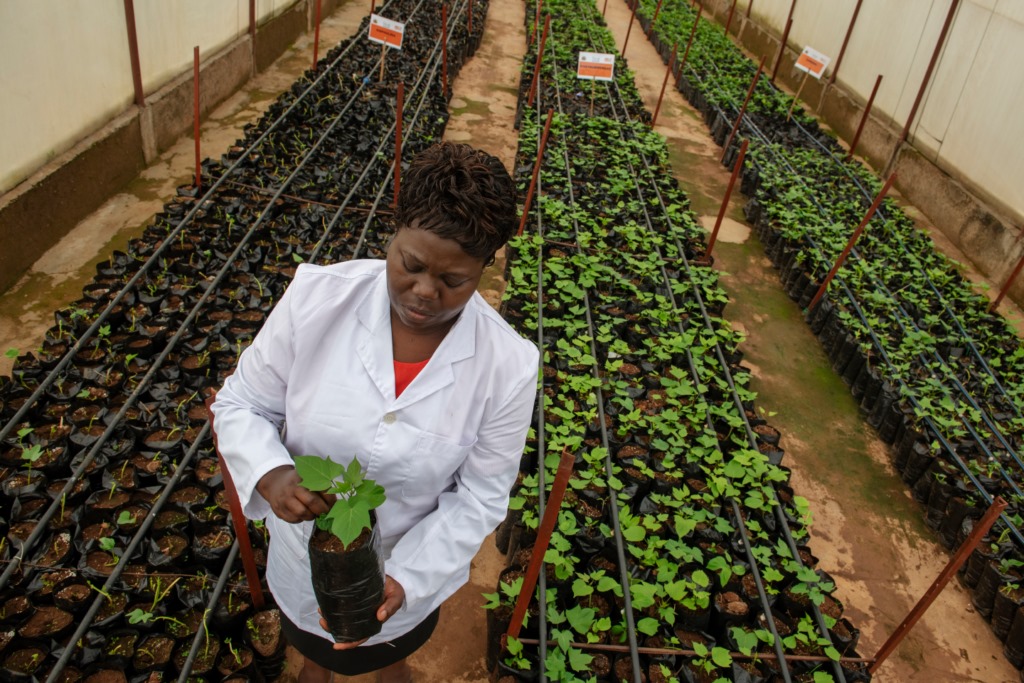
Most of these challenges are found within the transport sector, specifically, bad roads connectivity for the deployment of water and Sanitation field workers and equipment.
There is also a challenge in the implementation of the agriculture sectors improvement mechanism organized by the Government of Liberia. In an effort to make lasting intervention, within the very mile of our catchment area, the Kear Humanitarian Foundation will pay specific attention to the following in terms of the delivery of water and sanitation relief packages, which are long-lasting, comprehensive, and requires very little or no attention in the agriculture Sectors:
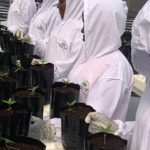
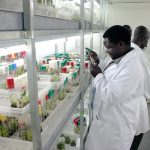
One of the key problems faced by our rural dwellers is the general lack of information about the type of crops which could grow well and produce more output? what type of crop to grow and where to grow them? To mitigate this, Kear Humanitarian Foundation will execute in intervention of conducting a general soil testing of all arable lands in each catchment area to determine the soil characteristics and contents thereby generating an understanding of the type of crop which is able to do well in each location. The soil testing process shall be concluded with the development of detail soil profile information (soil map), including a list of recommended crops for each locality. This will endow farmers with accurate knowledge of what type of crop to grow and where exactly.
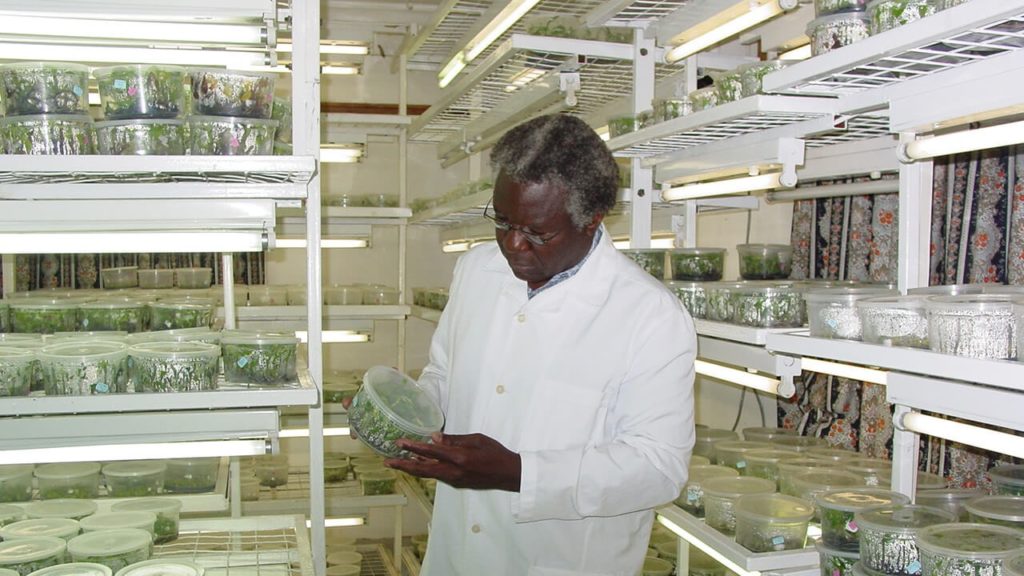
Another very essential component necessary to facilitate excellent growth of crops is the ability to have a clear-cut understanding of the crop growing methods, which is missing in many areas of rural Liberia. Traditionally, rural dwellers have been executing “farming as a way of life”, instead of farming as a business. This has seen them using purely unscientific method of growing crops. To mitigate this, Kear Humanitarian Foundation shall design, finance, and implement training programs for farmers aimed at sharpening their crop management and growing skills with contemporary skills required for improved crops growing and facilitating maximum yield opportunities. This process is designed to continue for a while until local farmers develop the appropriate crops management skills and techniques
Another area of focus shall be on the provision of high yielding, pest resistant variety of food crops and livestock for farmers within our catchment areas. Initial surveys by food related agencies of the UN, including the Food and Agriculture Organization (FAO), The World Food Program (WFP), etc., have all reported the lack of the above stated in countries of Sub-Sahara Africa. This is another commitment the Kear Humanitarian Foundation is dedicated to deliver to the population of our rural communities.
Another area of interest to the Kear Humanitarian Foundation is how to deal with commercial harvest and how to maintain harvested products for a long period of time with minimum perishability. Access to appropriate knowledge, skills, tools, and procedures has eluded our farmers all through history. To this end, the Kear Humanitarian Foundation shall implement a program aimed at delivering contemporary knowledge about post-harvest activities to our rural dwellers.
The lack of appropriate tools and equipment, including machines has been one of the key problems facing our rural dwellers for centuries. To seal with this, Kear Humanitarian Foundation engrave this aspect into her general agriculture relief package to folks within our catchment area.
The Kear Foundation seeks to cover the entire country but now commencing with Montserrado, Margibi, Bomi, Grand Bassa, and Grand Cape Mount counties; after which, we shall operate nationwide.
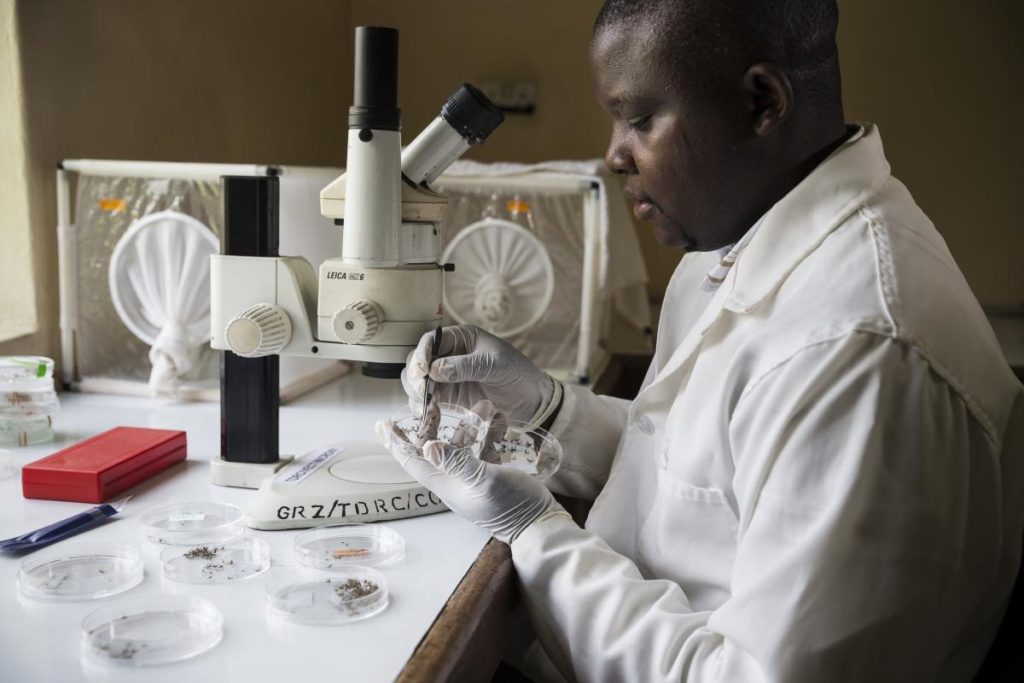
This will provide the latitude to serve a huge number of people across the country simultaneously. While executing the above mentioned, the Kear Foundation operates an FM Radio station aimed at providing information to the nation about the activities, accomplishment and general deportment of the organization. Although the station is providing exclusive information of our activities nationwide, it is also opened to the airing of the activities of other non-for-profit organizations operating within Liberi. Additionally, the station airs other programs which are aimed at targeting women and children health, safety and wellbeing
We aspire to adequate coordination, communication, effort streamlining, and synchronization, of activities across the country in an effort to yield maximum delivery of key outputs of activities. We develop appropriate working tools and delivery pathway aimed at ensuring that our activities and programs reach the intended target and deliver to them the desired relief packages.

We provide humanitarian aid in the areas of Education, Health, Agriculture, water, Sanitation, and hygiene.